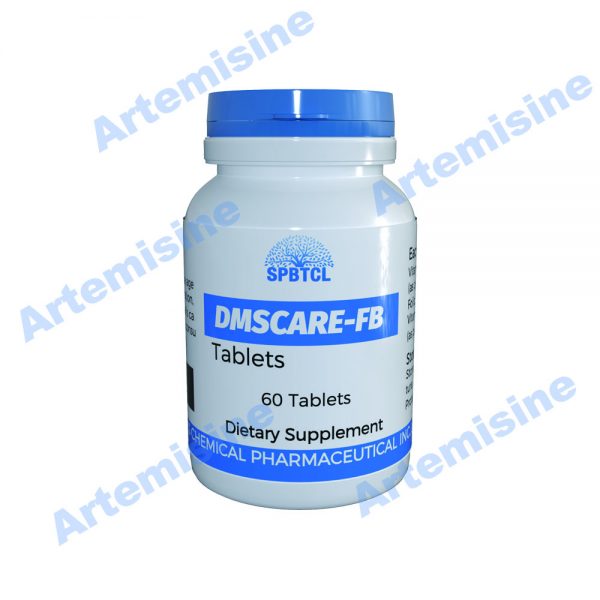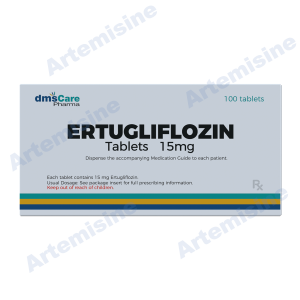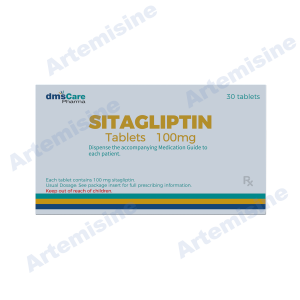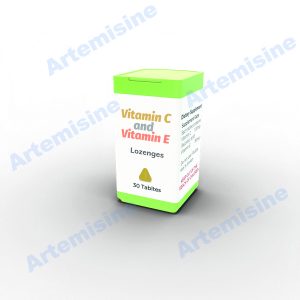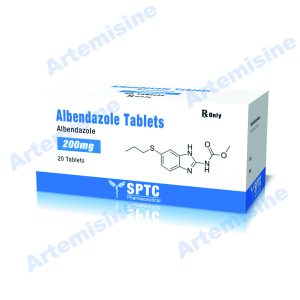Product Description
Each tablet contains:
Vitamin b12 …… 1000mcg
Folic acid …… 2200mcg
Vitamin b6 …… 25 mg
Package:
60 tablets in bottle,
90 tablets in bottle.
Dosage:
Take 1 tablet for 1 daily
This product is a combination of B vitamins used to treat or prevent vitamin deficiency due to poor diet, certain illnesses, alcoholism, or during pregnancy. Vitamins are important building blocks of the body and help keep you in good health. B vitamins include vitamin B6, vitamin B12, and folic acid.
Do you get enough vitamin B12?
You’ll want to make sure that you do, in order to stay healthy.
Vitamin B12 does a lot of things for your body. It helps make your DNA and your red blood cells, for example.
Since your body doesn’t make vitamin B12, you have to get it from animal-based foods or from supplements. And you should do that on a regular basis. While B12 is stored in the liver for up to 5 years, you can eventually become deficient if your diet doesn’t help maintain the levels.
Health Benefits of Vitamin B6
Because vitamin B6 affects so many systems in your body, it has many benefits to you health, including:
Better circulation.Homocysteine is one of 21 amino acids in your body. High levels of homocysteine in your bloodstream can lead to heart problems.Vitamin B6 helps maintain a normal amount of this amino acid in your blood.
A stronger immune system.Vitamin B6 helps chemical reactions in the immune system, helping it work better. Eating foods rich in vitamin B6 will help your body guard against infection. Studies conducted with older adults have linked low levels of vitamin B6 with poor immune response.
Less morning sickness.Studies have found that taking vitamin B6 may help ease nausea during pregnancy, though it doesn’t help with vomiting.
Better mood. Your body needs vitamin B6 to make serotonin, a hormone that elevates your mood. Some studies have shown that not having enough vitamin B6 in your diet can contribute to depression
Lower cancer risk.Maintaining healthy levels of vitamin B6 in your blood might also help reduce your chances of cancer.If you already have cancer, Studies have shown that vitamin B6 may slow tumor growth.
Better brain function.High levels of homocysteine have been associated with dementia, Alzheimer’s disease, and cognitive decline.Vitamin B6 helps the body regulate levels of homocysteine in the blood.
Health Benefits of Folic acid
Folic acid is important for basic cell function in your body. It helps to form the RNA and DNA that tell our cells what to do.
In addition, folate can provide health benefits such as:
Neural Tube Birth Defect Prevention
Neural tube birth defects occur in an unborn baby’s brain or spine. The neural tube forms in the embryo and later becomes the baby’s brain, spine, and spinal cord.
One neural tube defect is anencephaly, a disease in which a baby is born without key parts of the brain and skull. Most babies born with anencephaly do not survive long past birth. Another neural tube defect is spina bifida, which is a malformation of the spine. Some cases are mild and may not even be detected. Other cases are moderate or severe and cause lifelong disability.
Taking a folic acid supplement starting one month before you get pregnant and continuing to take it during pregnancy reduces the risk of these birth defects. The body does not absorb natural folate found in foods as easily as supplements of folic acid, so experts recommend taking a supplement before and during pregnancy.
Because about half of pregnancies in the U.S. are unplanned, it’s recommended that women of reproductive age get 400 micrograms of folic acid each day in addition to consuming foods with folate. Then, if you do have an unplanned pregnancy, your baby will be at a lower risk of neural tube defects.
Decreased Risk of Certain Cancers
Getting enough folate in your diet may reduce the risk of getting certain types of cancers. For example, one study showed that folate supplementation resulted in a 50% reduction in the risk of getting squamous cell carcinoma — the second most common type of skin cancer — of the head and neck.
